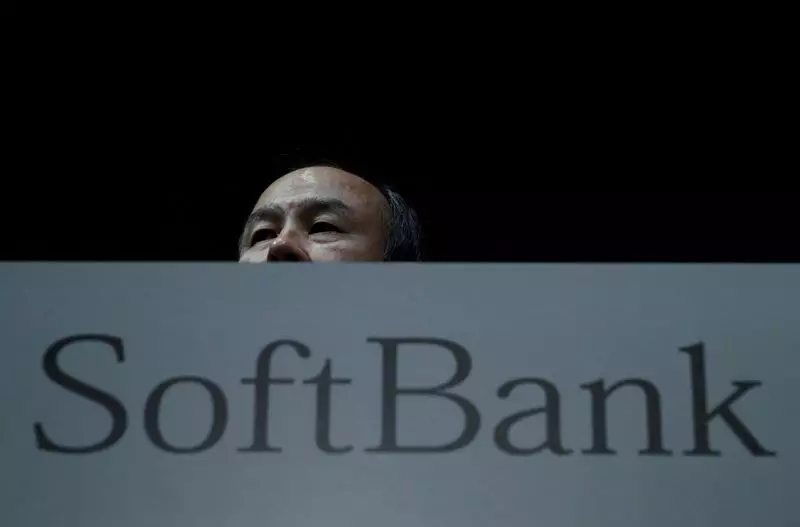Japan’s SoftBank Group is expected to report a modest first-quarter profit, but investors are eagerly anticipating whether the tech investment giant will announce a significant share buyback or signal its willingness to do so. The company’s shares took a nosedive of almost 20% on Monday, reflecting the overall market turmoil and concerns surrounding the performance of major tech companies in the current economic climate. The heightened interest in a potential share buyback is largely driven by the fact that SoftBank’s market capitalization trades at a significant discount compared to the value of its assets, a discount that has been growing over time.
Several analysts, including activist investor Elliott Management, have called for a substantial share buyback program worth $15 billion, citing the widening gap between SoftBank’s market value and its net asset value. The recent market volatility has only exacerbated this gap, making a buyback even more appealing. With a cash balance of $26 billion as of end-March, SoftBank is in a strong position to execute a sizable buyback program.
Rolf Bulk of New Street Research believes that SoftBank should consider a buyback worth more than $10 billion, emphasizing the company’s comfortable financial position. The pressure from investors to address the widening discount and unlock shareholder value continues to mount, making the upcoming earnings report a crucial moment for SoftBank’s strategic decision-making.
SoftBank’s net profit for the April-June period is expected to be around 109 billion yen, marking a significant improvement compared to the same period last year when the company reported a loss. The company has been navigating challenges, including the failure of WeWork and the underperformance of its tech portfolio in a high-interest rate environment. Despite these setbacks, SoftBank has been actively investing in promising ventures, such as British self-driving car startup Wayve and artificial intelligence chipmaker Graphcore.
In addition to these investments, SoftBank recently announced a joint venture with Tempus AI, further expanding its presence in the artificial intelligence sector. These strategic moves indicate SoftBank’s commitment to diversifying its investment portfolio and capitalizing on emerging technologies. The company’s focus on rebuilding its finances and making calculated investments underscores its resilience in navigating market challenges.
SoftBank’s upcoming earnings report will be closely watched by investors as they await news on the company’s financial performance and strategic plans. The pressure for a significant share buyback highlights the urgency for SoftBank to address the growing discount in its market value. As the tech investment giant continues to make strategic investments in promising ventures, the path forward for SoftBank will be defined by its ability to balance financial stability with growth opportunities in a volatile market environment.

